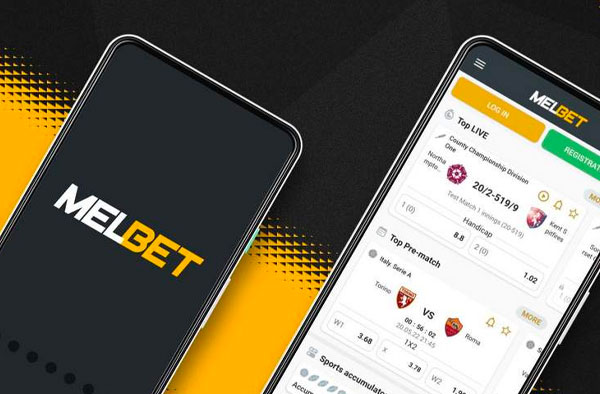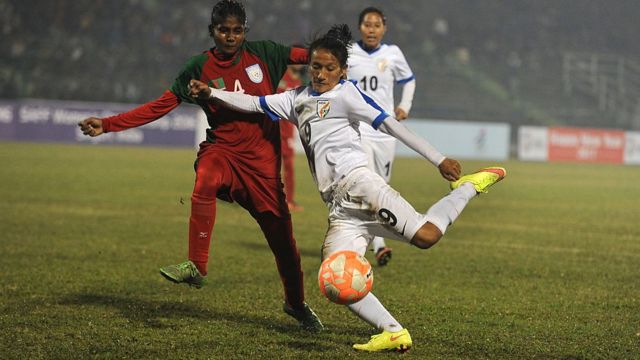Bookmakers, regardless of location, can be classified according to the main features:
- legality;
- territorial location;
- forms of organization.
Those bookmakers are considered legal who have received a license from the gambling commission – a body that gives the right to organize activities in the field of gambling. Any offices that cannot provide a license are operating illegally. In countries where the legal framework for the betting business has not been developed, sweepstakes operate in a gray area (not prohibited, but not allowed).
On the basis of territorial location, bookmakers can be divided into two categories:
- National – those that are registered on the territory of the country and are regulated by the authorities of the state (with all the accompanying guarantees);
- Foreign – those that are registered in other states and have received an appropriate license to conduct activities;
- Offshore – open in special territories with a simplified procedure for issuing a license, and the absence of strict requirements for taxes and reporting.
State-licensed national bookmakers are considered the safest. Registration of sweepstakes in the country where the gambling business is legal requires the provision of documents, reporting, timely payment of taxes, compliance with requirements and regulations. State bookmakers (as a form of national offices) are even more strictly compliant, since the state owns part of the office or network.
Foreign companies tend to provide registration and license information and operate legally within a particular economic space. So, there are many European bookmakers that accept bets in all EU countries. However, not all legal foreign companies can operate legally in a particular country. In some cases, regulators may blacklist the company or offer an additional license to conduct business in the country.
According to the form of organization, bookmakers can be divided into:
- land-based bookmakers (betshops, bookmakers in casinos, sweepstakes at hippodromes);
- online bookmakers;
- telephone services.
Also, companies can be divided according to the type of bets that the bookmaker accepts. Traditional bookmakers operate on the principle of “win-lose”: if the bettor made the exact bet, he wins, if the bet does not match the results (race, match, outcome of the event), he loses. Some bookmakers and sweepstakes accept spreads – bets that are evaluated based on the proximity of the “forecast” to the final result. The accuracy of the bet in this case affects the size of the winnings. Betting exchanges are a separate form of bookmakers in which bets are made between the betters themselves, and the bookmaker receives income by removing a commission from the winnings of the participants.



